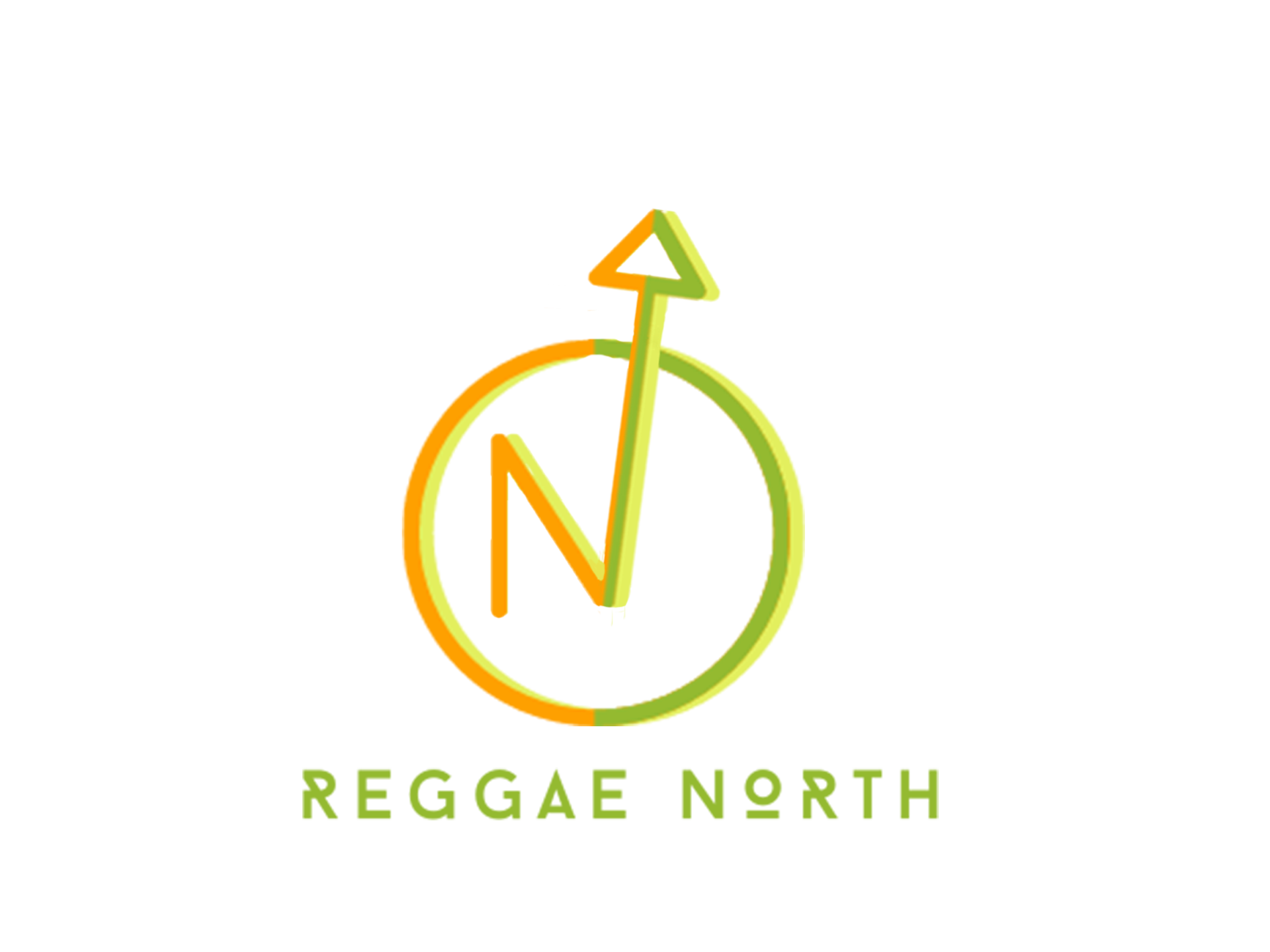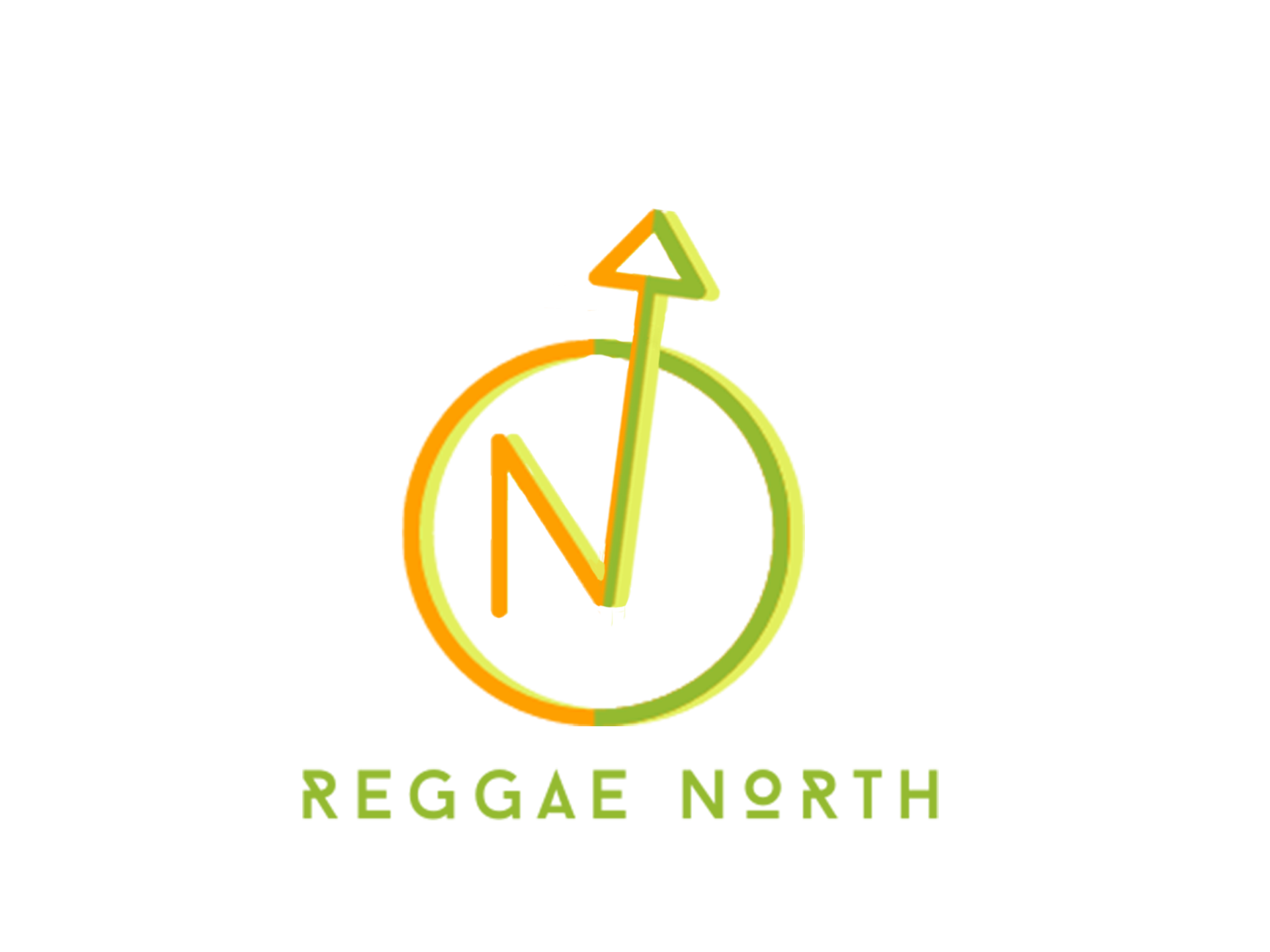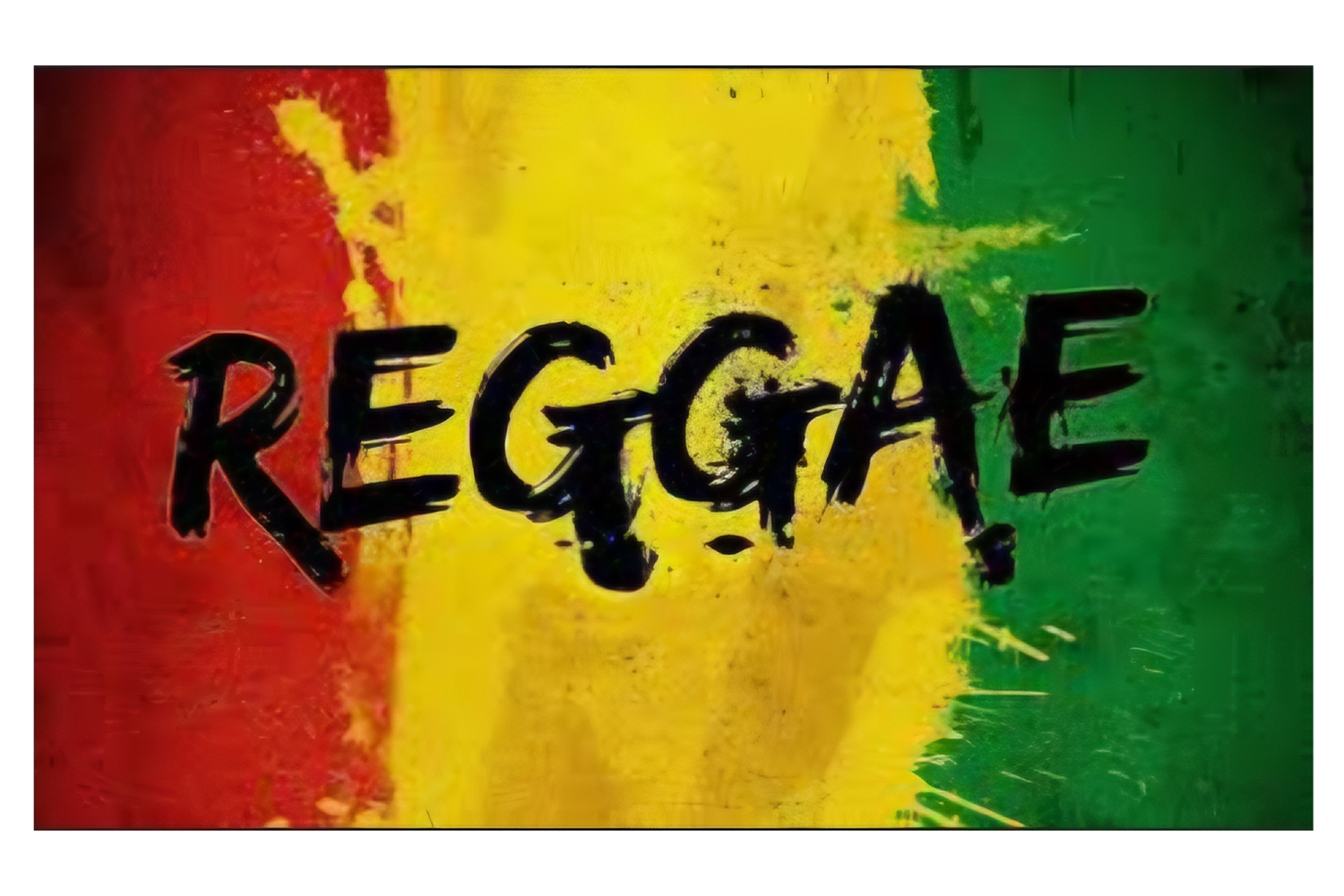Barcelona-based reggae promoter, Julian Francisco Garcia Mancebo, who has been promoting and developing Jamaican acts and culture since 1991, has a dire prognosis for reggae music: the genre is “almost dead” in Europe.
“It is a fact that reggae music is almost dead in terms of audiences, because the new generations do not show even the slightest interest in the genre,” Mancebo said. He believes that the under-25 demographic in Europe show little interest in reggae as they believe the genre “is old” and cannot excite younger audiences.
“The young people of the internet era no longer appreciate the musical quality, nor the musicians developing their virtuosity, nor the spiritual content of the lyrics, nor the revolutionary spirit,” stated Mancebo who has been producing and promoting live shows in Europe since 1997. Most of the Jamaican reggae acts who performed over the years in Spain came from the efforts of his promotion company. He believes that the natural progression of time has doomed reggae to a slow death on the continent.
“The young people are a culturally lost generation where immediacy prevails, where if a song doesn’t capture you after 10 seconds they move on to the next one, and where the contents are superfluous, users of simple music of dubious quality to use and throw away,” Mancebo argued.
He said it was a “global problem”.
“But Jamaica has always been the reference of what is developed in Europe, and it is true that right now in the island, it is almost impossible to listen to reggae in any party or dance,” he noted.
Despite the malaise, ace booking agent and reggae insider Cabel Stephenson has insisted that “reggae can never die”. He rejects Mancebo’s saturnine outlook on its survival.
“Overall, reggae’s unique sound, cultural significance, and positive messages contribute to its enduring popularity worldwide. With the prospect of widening armed conflicts all over the world, even in Ukraine in Eastern Europe, the world needs that message even more than ever now,” Stephenson, who is the head of booking agency Free People Entertainment, posited.
So, what will happen now?
“We have to return to roots and culture,” Stephenson stated.
“We have to return to the message. The road was already paved by the greats: Albert Griffiths, Max Romeo, the Congos who had the roots sound that captured the imagination of Europeans who had survived or experienced World War 2 and wanted a sense of community and togetherness. That unique sound made it perfect for festivals, gatherings or parties.”
Stephenson, however, warned that the influence and pull of Jamaican-born reggae acts on the European continent has waned considerably.
“The spirit of reggae music is alive and well….the Toots spirit, the Albert Griffiths spirit, the Bob Marley spirit is still alive in Europe but it is Jamaican acts who should be worried,” Stephenson said.
“It is foreign-born acts like Gentleman, Alborosie, and UB40 who are doing better than Jamaican indigenous acts because they have proper management structures in place.”
A quick glance at the headliners of the major festivals this year don’t show a proliferation of the names of the so-called Reggae Revival acts such as Koffee, Chronixx, Protoje, Jesse Royal, Jah9 (who is booked on Summerjam), Sevana or Lila Ike who were heralded as the next wave of reggae stars.
Instead, the talent buyers are using European-born and foreign reggae acts and even Afrobeats artistes to pull out the crowds.
“Many of the big European festivals, Summerjam, Rototom are already 60 to 70 per cent reggae and bringing new styles to sell more tickets. Others like Montreaux no longer want reggae in their programming and in Spain, many festivals that always brought out two or three reggae acts have given up and no longer want to programme because the new generations do not value or listen to the genre,” Mancebo reasoned.
“The successive lack of audience in recent years has created the stigma that reggae does not sell and is not popular.”
According to Stephenson, the lack of box office power has created a scenario where a lot of reggae acts no longer have the clout to travel with their own bands.
INDEPENDENT REGGAE LABELS CLOSING DOWN
Stephenson said this is partly because of the demise of independent reggae labels across Europe, and the inability of the acts to be major crowd pullers.
Many established independent reggae labels have faced challenges and closures in recent years because of factors such as gentrification, economic crises, and the rise of digital music consumption. Universal Roots Records, a store specialising in reggae, roots, dub, and ska, also closed in 2023 due to a combination of factors including the cost-of-living crisis and negative vibes. Labels that have either closed or become less active include Antilles Records, Apollo Recordings, Black Swan Records (UK), Greensleeves and Stolen Transmission, Europa Recordings, EmArcy Records, 4th & Broadway, Gee Street Records, and Smash Records.
“The industry in Jamaica needs to come together, organise, centralise, create lobby groups and invite investors into the marketplace and create a new wave in this digital age,” Stephenson advised. He said the blatant level of unprofessionalism displayed by artistes, their managers and handlers, has emerged as a serious turn-off for reggae promoters.
“Promoters have confided with me that the handlers of European acts are more professional, and they charge less than Jamaican acts,” Stephenson shared.
All these factors have combined to create a perfect storm that could signal a sort of doomsday scenario for the future of home-grown reggae acts.
“There are not a lot of Jamaican acts on the main stages of festivals like No Logo and Summerjam. The ones who are there only perform on the smaller stages and the new dancehall acts often find themselves performing in a tent after the main festival has ended, so mainstream journalists don’t see them so there is no review in the marketplace. There is no impact…the situation is getting more dire,” said Stephenson.
There are fewer ‘touring’ acts in reggae music now than during the heyday of reggae in the 1980s and 1990s. At one time, it was commonplace to see five to six acts touring simultaneously in France and other European territories.
“During the winter this year in Europe, it was just the Roots and Culture tour. This is not what it was like over 15 years ago. You could pick up your phone and call four or five acts who are crossing the continent at the same time,” Lutan Fyah reminisced.
The veteran artiste headlined the recent Roots and Culture tour alongside Jah Mason and emerging star Zhayna, which snaked through 26 cities in March this year.
“Years ago, several reggae acts used to buck up on the highway or at restaurants in Europe all the time. At that time, if is 30 people on the poster, 28 ah Jamaicans. Dem time de, the reggae stars tour with a complete band…three horns section, backing vocalists and front of house engineer and monitor engineer…all percussion artistes de pon tour, those were the days,” Lutan Fyah said.
Music insiders believe that ignorance of the true dynamics of the marketplace has jeopardised the modern reggae movement in Europe.
One promoter complained that new artistes don’t want to tour often and have been asking for exorbitant fees that are not attractive to the economic bottom line of small club promoters, some of whom don’t own their own clubs and don’t get a percentage of the sales at the bars.
“Many major reggae acts overcharge and don’t want to tour regularly,” one promoter who spoke on condition of anonymity, said.
There were no top-tier reggae acts on tour this winter in Europe. In April, roots reggae star Ijahman Levi embarked on a month-long tour of several European countries, and emerging star Protoje did a dub tour with Tippy in France. Reggae singer Romain Virgo did a 16 city swing through Europe in small 300-capacity venues.
The glory days may be really and truly gone. In the words of the immortal Crown Prince of Reggae Dennis Brown, “days of wine and roses are no longer around…”.
What may be an even more troubling development is that the message-oriented music from Jamaica seems to be drying up at the same time that young Europeans appear to be shifting their tastes towards other genres such as Afrobeats, techno, punk and rap.
Stephenson believes that touring remains the lifeblood of reggae music and can help reignite the genre’s appeal.
He said, “Touring is important because you need boots on the ground, artistes need to go into these markets and activate the fan base and develop a cult following. These people will come to the festivals to see these artistes perform in the coming years. When you don’t tour, festivals, club venues, and live music audiences miss out on the rich, diverse music that fuels the industry and keeps the European arts scene vibrant and global”.
Stephenson highlighted a strange dynamic that most management teams and emerging audiences are often unaware of: European festivals don’t break new acts.
“Sometimes you find that there aren’t true reggae lovers at the festival because people want the experience of being outside in the Summer. So when you develop that popularity before the festivals, the performances have more power and broader appeal at the festival itself because you did the hard work of touring before,” he said.
“That’s why US reggae acts such as Revolution are so popular in the west coast US market, they sacrificed, slept in plazas and vans, ate tough meals together on shoestring budgets, figured out hard logistics to get to their shows on time and struggled to produce their songs…that’s why they’re winning now.”
But where are the hit reggae songs? The last major reggae hit song was YG Marley’s “Praise Jah in the Moonlight” which prominently samples his grandfather Bob Marley’s 1978 song “Crisis”. The song has gained significant international recognition, charting on the Billboard Global 200 and topping charts in New Zealand.



